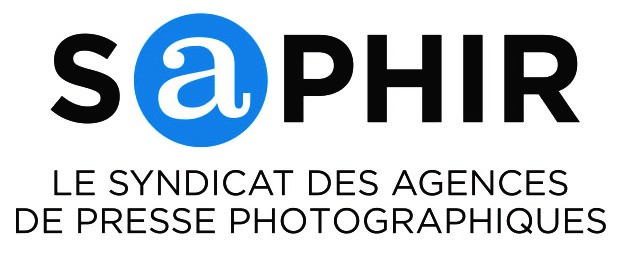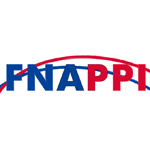Five organisations representing EU publishers, libraries, rights holders as well as businesses active in Internet commerce told the European Commission today that the proposed US Google book settlement is unacceptable in its present form, saying the deal would lead to a de facto Monopoly.
“There is a genuine desire to find solutions but the proposed settlement is not the right approach,” said David Wood, Legal Counsel to ICOMP, the Initiative for a Competitive Online Marketplace, at a joint briefing held by ICOMP, Börsenverein des Deutschen Buchhandels, CEPIC, Internet Archive / Open Book Alliance and EBLIDA, the European Bureau of LibraryInformation and documentation Associations. The briefing took place ahead of a hearing in Brussels organised by the European Commission to scrutinise the deal.
“We need solutions which are clear and intelligible as opposed to complex and opaque, recognise the balance between users and rights holders, and promote competition in online services,” Wood said. “As things stand, the proposed settlement will create a de facto monopoly for digital access to millions of works, including many European works,” he explained.
“We should not let a single U.S. entity dictate an international model of rights recording,” said Peter Brantley of the Internet Archive and Open Book Alliance.
The settlement also violates the rights of copyright holders and authors as “the settlement creates special market conditions that solely benefit Google”, said CEPIC’s Sylvie Fodor. “CEPIC will never support such an agreement”.
Jessica Sänger from the Börsenverein des Deutschen Buchhandels argued along the same lines, saying the settlement is “not acceptable in any way to German authors and publishers” as it is “irreconcilable with the principles of European copyright law”, a concern also voiced by the German government last week in an amicus brief being sent to the US court which will take the final decision on the settlement in October. Sänger welcomed the German government’s intervention and urged other European governments to follow suit, pointing out that “a US class action should not replace the due process of the EU legislative process”.
Joanne Yeomans of the European Bureau of Library, Information and documentation Associations (EBLIDA) added: “We don’t want the monopolistic nature of the Google settlement to lead to a second-rate service for European users.”
















